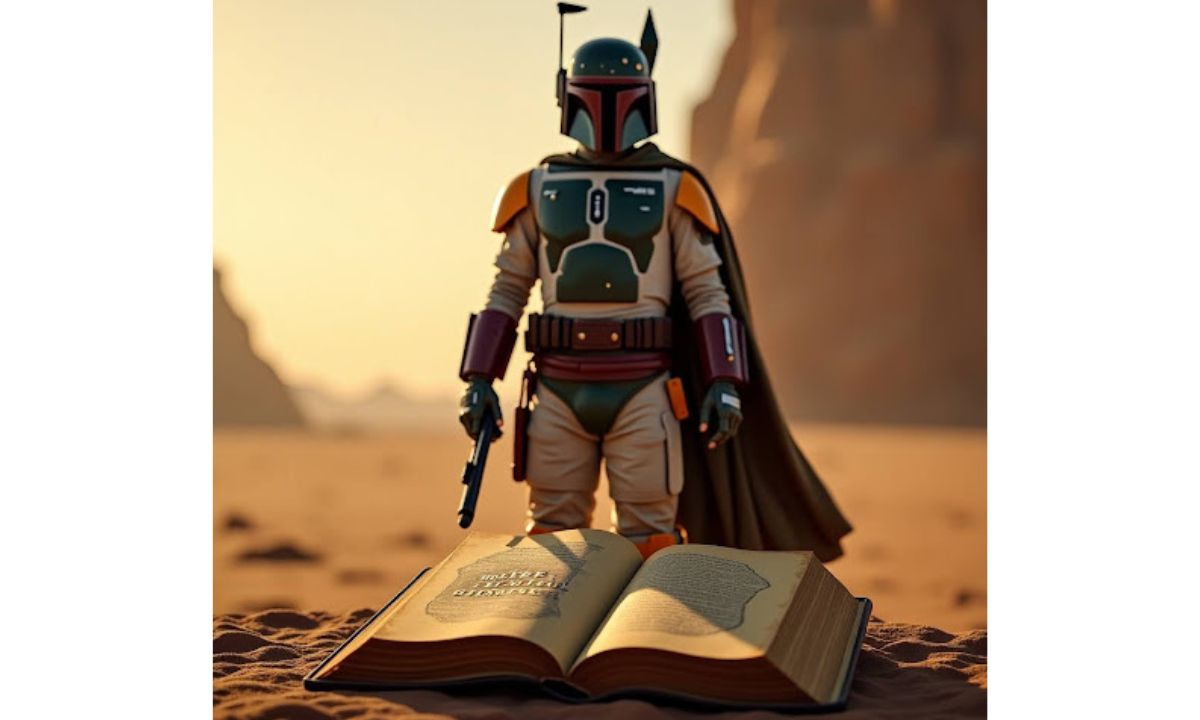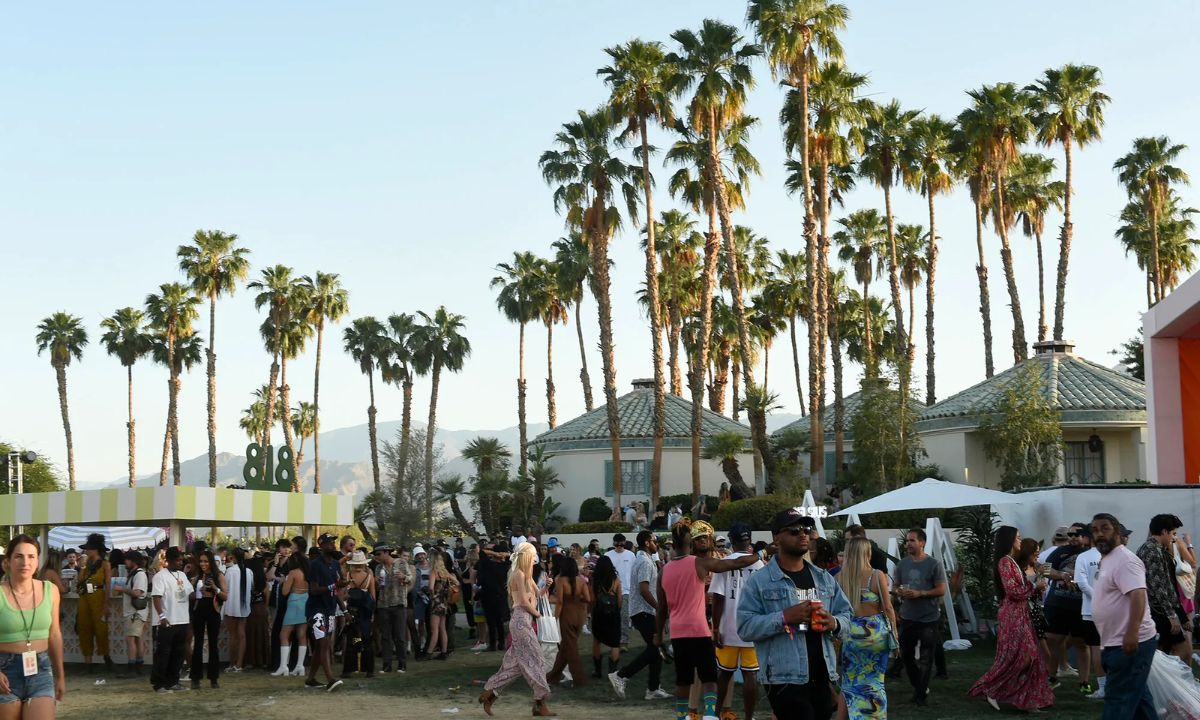The ongoing legal battle involving C.W. Park and the University of Southern California (USC) has garnered significant attention due to the various allegations, implications, and broader impacts it may have on the academic world. Understanding the details of this lawsuit can shed light on the potential consequences for both the institution and individuals involved. This article explores the key aspects of the case, the reasons behind it, and what the future may hold for both C.W. Park and USC.
Who Is C.W. Park?
C.W. Park is a professor and academic who has made significant contributions to the field of marketing and consumer psychology. As an influential figure, Park’s work has been widely recognized, and he has held prominent positions within the academic community. His affiliation with the University of Southern California adds another layer of complexity to the current lawsuit, which stems from professional and personal conflicts that have led to legal proceedings.
Background of the Lawsuit
The C.W. Park USC lawsuit centers around various allegations related to misconduct, disputes over intellectual property, and alleged breach of contract. The lawsuit also involves claims of professional mismanagement and potentially unethical behavior. While the specifics of the lawsuit remain under legal examination, it is clear that the case involves multiple layers of professional and personal tension between the parties.
C.W. Park’s legal team argues that USC mishandled certain aspects of the situation, which led to the lawsuit. On the other hand, USC has countered that their actions were justified and within the bounds of their internal policies. Both parties have been engaged in a complex legal battle, with outcomes that could have lasting implications.
Allegations and Legal Claims
The primary allegations in the lawsuit include:
Intellectual Property Disputes: C.W. Park claims that USC wrongfully used or claimed ownership of his intellectual work. This has been a central point of contention, as Park asserts that his research and innovations were improperly managed by the university.
Breach of Contract: Park alleges that USC violated certain terms of his contract, which has had a direct impact on his career and professional standing. According to Park, this breach of contract led to financial losses and damage to his reputation within the academic community.
Unfair Treatment: Another significant claim in the lawsuit is that USC subjected Park to unfair treatment. This claim relates to how the university handled professional disagreements and conflicts that arose between Park and other faculty members.
Damages and Compensation: Park is seeking financial compensation for the damages he claims to have suffered due to USC’s alleged misconduct. The exact amount of compensation remains undisclosed, but it is understood to be substantial.
USC’s Response to the Lawsuit
The University of Southern California has consistently denied the allegations made by C.W. Park. In their official statements, USC has maintained that they have followed proper procedures and have acted within the legal boundaries set by their institutional policies. They argue that Park’s claims are baseless and that the lawsuit is an attempt to gain personal and professional advantages.
USC’s legal team is working to defend the university’s position and protect its reputation. The institution has been involved in numerous lawsuits in recent years, and this case adds another layer to the complex legal challenges faced by the university.
Implications of the Lawsuit
The outcome of the C.W. Park USC lawsuit could have far-reaching consequences, particularly in the academic world. Intellectual property disputes and contractual disagreements are common in academia, and the resolution of this case could set important legal precedents for future cases. Furthermore, the lawsuit may impact how universities handle internal conflicts, especially when high-profile faculty members are involved.
For C.W. Park, the lawsuit could affect his career trajectory, depending on the outcome. If he prevails in the legal battle, it may vindicate his claims and provide a pathway for further opportunities. On the other hand, if USC successfully defends itself, Park may face significant challenges moving forward.
Current Status of the Case
As of now, the lawsuit is still ongoing, with legal teams from both sides presenting their arguments. Court proceedings have seen multiple hearings, and the case continues to attract media attention. Legal experts following the case believe that it could take some time before a final decision is reached. The complexity of the issues involved suggests that the lawsuit may proceed through various legal avenues before a resolution is achieved.
What Lies Ahead for C.W. Park and USC?
The next steps in the lawsuit will likely involve further court hearings, and both parties will continue to argue their respective positions. For C.W. Park, the goal is to secure a favorable ruling that addresses the damages he claims to have suffered. For USC, the priority is to protect its reputation and prove that the university acted appropriately in all aspects of the case.
The resolution of this lawsuit may lead to reforms in how universities manage intellectual property and faculty contracts. Other academic institutions are closely watching the case to understand the potential legal ramifications and how they might affect the broader academic landscape.
Conclusion
The C.W. Park USC lawsuit highlights the complexities of legal disputes in academia, particularly when it comes to intellectual property and contract issues. As the case unfolds, it will continue to be a focal point for those interested in the intersection of law, academia, and institutional governance. The resolution of this lawsuit will not only impact C.W. Park and USC but may also shape the future of how universities manage similar conflicts in the future.
FAQs
What is the lawsuit involving C.W. Park and USC about?
The lawsuit revolves around allegations of intellectual property disputes, breach of contract, and unfair treatment, with C.W. Park accusing USC of misconduct in various areas related to his professional career.
What are the key claims made by C.W. Park?
C.W. Park’s claims include that USC wrongfully used his intellectual work, breached his contract, and treated him unfairly in professional matters.
How has USC responded to the lawsuit?
USC has denied the allegations, stating that they acted within the legal boundaries of their institutional policies and that Park’s claims are unfounded.
What are the potential implications of the lawsuit?
The lawsuit could have significant implications for academia, particularly in areas related to intellectual property, faculty contracts, and how universities handle internal disputes.
What is the current status of the lawsuit?
The case is still ongoing, with court proceedings continuing. A final decision has not yet been reached, and both sides are actively presenting their legal arguments.















